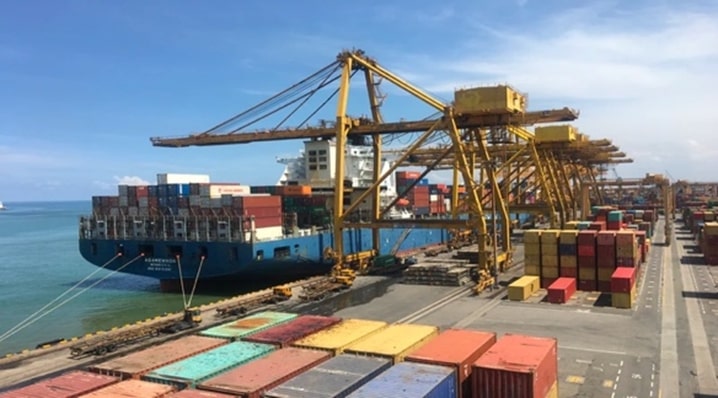Export sector development is essential to growth in any economy and vital for any country to fully participate in global trade. The development impact reaches full potential as the export sector grows – more goods are sold, meaning income is generated, taxed and supplied to the government. This income can then be used to finance public projects that foster even further development in the country.
Increased Exports from Member Countries
Through the provision of its various export insurance products, ICIEC minimizes commercial and political risks involved in cross-border trade. ICIEC’s support to exporters and banks in facilitating trade between Member Countries and with the rest of the world. ICIEC also aims to facilitate and increase intra-OIC exports, encouraging businesses to take advantage of the diverse resources in Member Countries.
Enhanced Access to Markets
Accessing new markets can be daunting for exporters for a myriad of reasons including political risk and lack of available credit data. This perceived risk can lead to adverse effects on an exporter’s growth prospects. ICIEC’s products provide exporters with assurance when entering new and potentially riskier markets. ICIEC’s insurance is not only useful to firms seeking to access new markets but also for firms looking to increase exports and service delivery to their existing markets. Expansion in existing markets can also entail risks given the various economic, political and social uncertainties. The insurance ICIEC provides gives these firms the protection they need to expand their market share.
SME Integration into Export Markets/Value Chains
SMEs play a significant role in economic development and job creation both in developed and developing countries. However, in most OIC member countries,SMEs continue to face significant financing gaps. ICIEC has played a leading role in supporting SMEs in OIC Member Countries to integrate in export markets and value chains through underwriting SME loan facilities or insuring Letters of Credit for the importation of capital goods by SMEs to become more productive and competitive.
Increased Capacity of National ECAs
Many member countries have embarked on establishing their own national Export Credit Agencies (ECAs), often starting off with limited insurance and technical capacities—especially in developing countries. ICIEC provides capacity building and financial services to support these endeavours, closely cooperates with them, and provides additional insurance capacity through facultative and treaty re-insurance mechanisms. Increasing the capabilities of these ECAs allows them to provide support to businesses in parallel with ICIEC’s offerings, facilitating even more exports for their member country.




